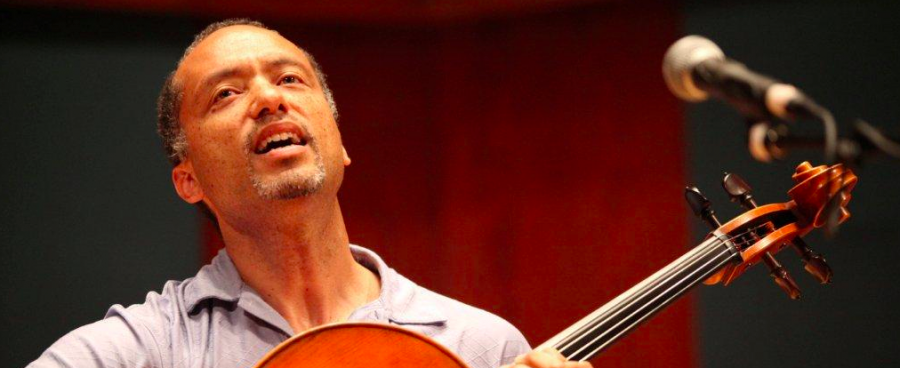Racism and Music Theory
White supremacy is inherent in music theory as it is taught today. This is an issue addressed by Professor Philip Ewell from Hunter College, who teaches about music theory’s white racial frame and ardently supports diversifying the canon of music theory to be more inclusive of other races, instead of being limited to whites from German-speaking lands in the eighteenth, nineteenth, and early twentieth centuries.
Ewell drew information from seven of the most commonly used music theory undergraduate textbooks, which accounts for 96% of the market for these books. According to the data, only 1.67% of the musical examples found in these textbooks are from non-whites, and only two specific examples out of this percentage are from non-blacks.
One solution that Ewell proposes is to expand music theory curricula. This would be a direct shift in focus from purely Western tonality (the theory of music advanced by European classical composers and theorists) to include music theory from Asian, South American, and African cultures.
Ewell also points out that Heinrich Schenker, the father of Schenkerian Theory and “exemplar” of music theory, was himself an outspoken biological racist and German nationalist. Schenker himself believed that his views on race and music were to be considered together, not separate. This necessarily leads to the question: how could music theory as we know it today not be racist, if the very people who pioneered these theories were themselves openly racist and felt that the two were inextricably linked? Schenkerian theory focuses on eleven white, mostly German-speaking composers, and given that it is a requisite to learn Schenkerian theory in most music theory programs, his role in undergirding the basis of how theory is taught perpetuates views further buttressed by the white racial frame of music theory today. No one is for omitting Schenker’s studies, but rather reframing how he is taught.
Many people gloss over Schenker’s racist writings, echoes of which are present in many of his musical theories. This goes against what Ewell and others believe—and, in fact, saying that the racist element is separate from the musical element is in direct opposition to what Schenker himself believed. The very idea of claiming that race has nothing to do with the way his music theory was made and represented—ultimately, the idea that his and others’ theories had nothing to do with race and everything to do with superior scholarship— is an integral part of this white racial frame. It certainly perpetuates the almost-purely-white representation of music in theory courses. Are we to believe that (almost exclusively white) Europeans were superior to all other races at music and music theory? This is why it is very important to reframe Schenker’s work, and to not dismiss the obvious racist element in it, as his work did indeed feed off of his biological views of the world—i.e., he literally believed in the inequality of different tones in relation to the inequality of different races.
Philosopher Laurie Shrage makes an important point about her field, which accords with Ewell and others. Directly taken from Ewell’s paper:
“When the anti-Semitic views of great thinkers such as Kant, Voltaire, or Hume (or Hegel, Schopenhauer, Heidegger, and Wittgenstein, for that matter) are exposed, one typical response is to question whether these prejudices are integral to their important works and ideas. But this may be the wrong question. A better question is: Should those who teach their works and ideas in the 21st century share them without mentioning these harmful stereotypes the thinkers helped to legitimize?”
So where do we go from here? The first thing is to expose the racist nature of music theory and those who, like Schenker, developed the modern frame of music theory while being influenced by racist views. This is important because it keeps people from dismissing the racist qualities of music theory as it is framed today.
From there, accept other cultures’ musical ideas as part of music theory. The more hidden side of the white racial frame of music theory works through a narrow adherence to the existing norms of music theory, which leads modern theorists to dismiss anything that does not conform to the existing idea of what “music theory” is.
